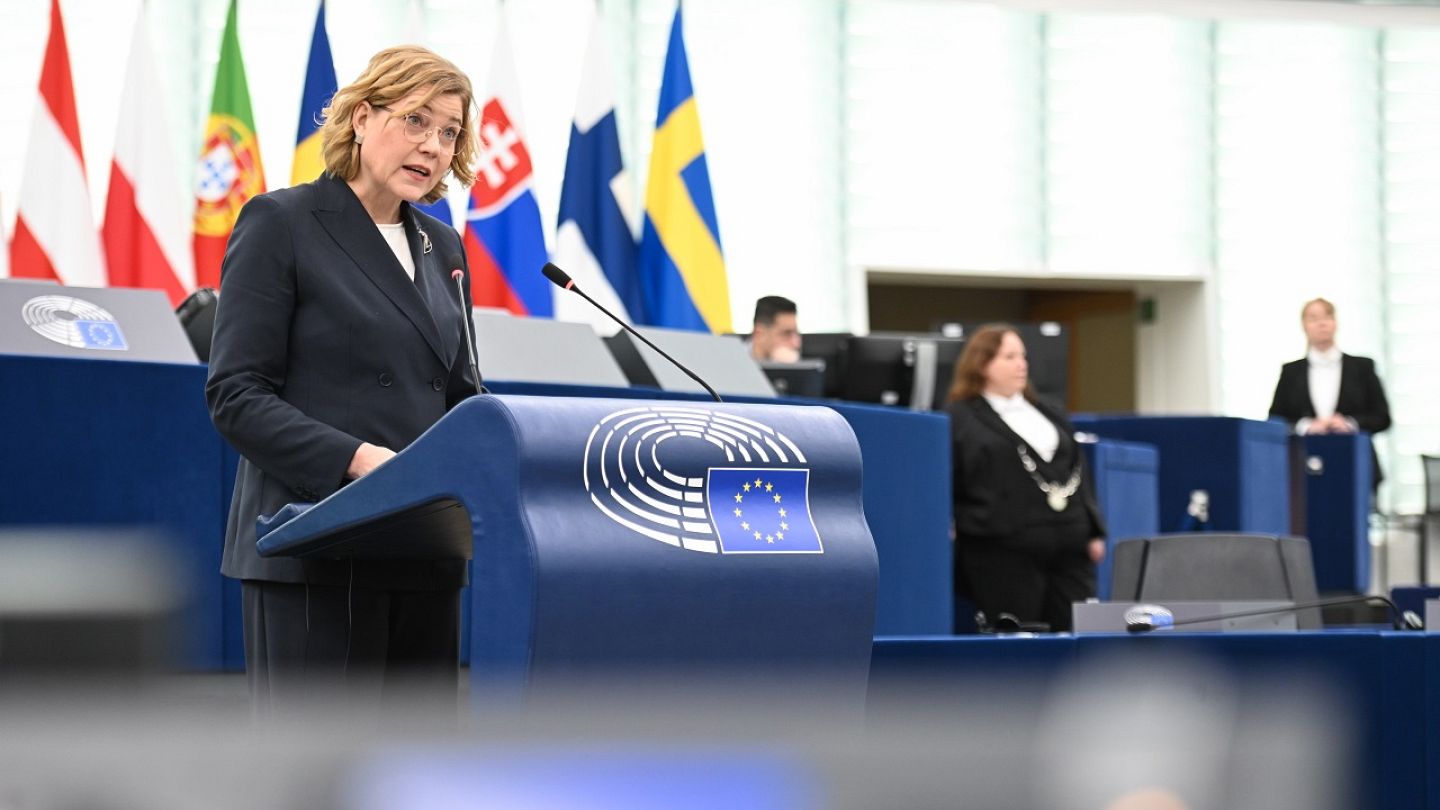Civil society groups call on the EU Commission to work on artificial intelligence legislation.
The call made by civil society groups came ahead of a meeting this week between members of parliament and EU Technology Commissioner Henna Virkkunen regarding this issue.
In a letter sent to the European Commission, the EU's executive body, on Monday, civil society and consumer groups called for work on new artificial intelligence liability rules. The signatories, including the consumer group BEUC and personal data privacy advocates Article 19 and Mozilla, stated that "the EU needs AI regulations to address the legal gaps arising from the withdrawal of the AI Liability Directive (AILD) and to provide a fairer and simpler compensation path for all people affected by AI systems, including consumers in the EU, in case of harm caused by an AI system." The European Commission expressed in its 2025 work program presented in February that the AI Liability legislation could be removed as "no foreseeable agreement" is expected on the proposal. The rules aimed to provide consumers with a harmonized avenue for compensation when they suffer harm caused by AI products or services. These rules were proposed in 2022, but significant progress has not been made since then. The joint letter addressed to EU Technology Commissioner Henna Virkkunen and Commissioner Michael McGrath, responsible for consumer affairs, argues that the new EU AI liability rules would prevent fragmentation across the bloc and increase trust in AI. The letter states, "Some national legislations can provide minimal protection for consumers and individuals affected by AI, but not all do. This leads to an unfair scenario where individuals harmed by an AI system in one member state have a higher chance of compensation compared to those in a different member state." Other rules, such as the revised Product Liability Directive (PLD), also apply to AI systems, but the letter argues that legal gaps remain. EU Technology Commissioner Henna Virkkunen has been invited to the Legal Affairs Committee for a discussion on April 9. The file has not yet been officially withdrawn, but the Commission aims to do so by August when it will publish its final work program. Members of parliament are divided on this issue, and member states have not yet formally stated their positions.


